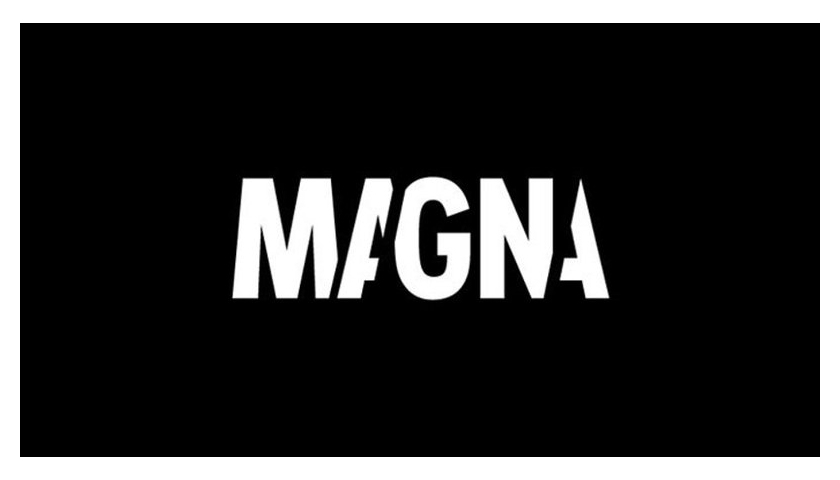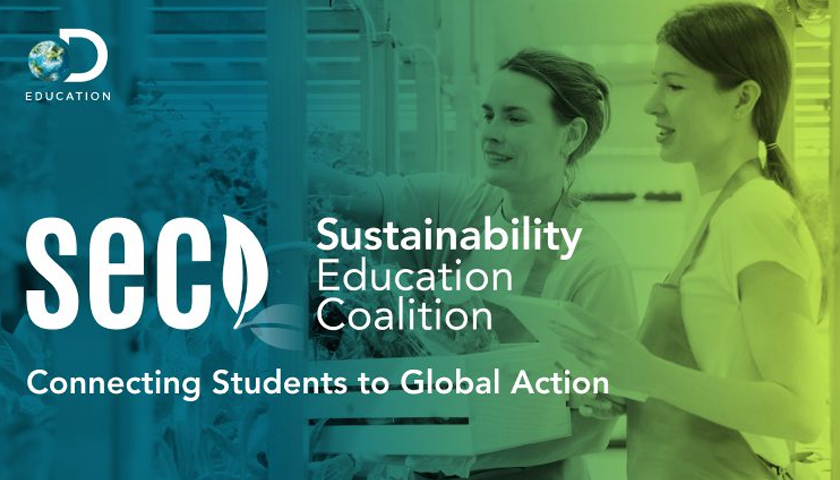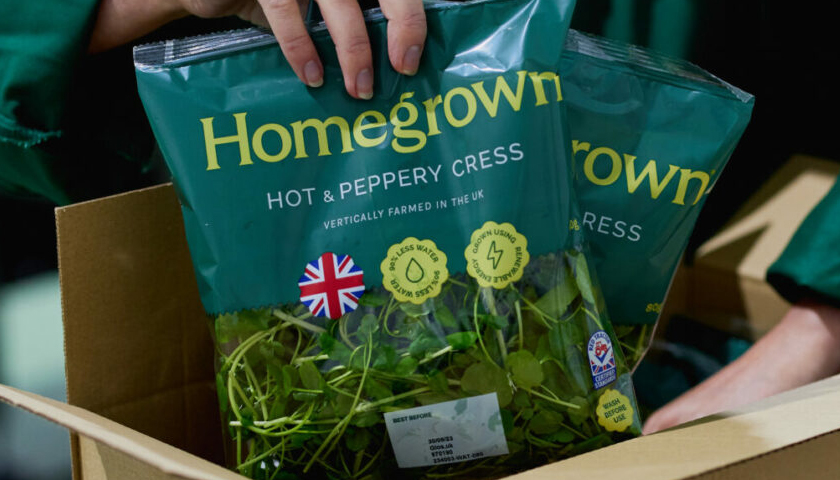At this years Annual General Meeting at its headquarters in Arteixo (La Coruña), Inditex’s executive chairman, Pablo Isla, shared with Inditex’s shareholders some of the key targets set out by the company for and the period up until 2025.
“Our digital transformation and determined progress towards the most demanding sustainability standards are complementary and underpinned by the efficiency of our long-standing business model, which is based on offering our customers the best in quality fashion”, said Pablo Isla. He also highlighted that “sustainability is a never-ending task in which everyone here at Inditex is involved and in which we are successfully engaging all of our suppliers; we aspire to playing a transformational role in the industry”.
Among those targets, he stressed that by 2025 Inditex will only use cotton, linen and polyester that is organic, more sustainable or recycled. Use of cotton, linen and polyester –together with viscose, which will reach this target by 2023- constitute 90% of the raw materials purchased by the Group. In addition, 80% of the energy used in the Group activities (stores, logistic centres and offices) will be renewable.
The first milestone, set for 2019, is for all of the Group’s platforms and head offices to meet the highest green building certificates and for 100% of Zara stores to be eco-efficient (which is one year ahead of the original target). In addition, the at-home used clothing collection service currently operating in several cities in Spain and China will be extended to Paris, London and New York by September.
Another of the more ambitious programmes being announced today by Inditex, is that the entire eco-eficient store platform will be complete by 2020. Zara will achieve this target in 2019, the rest of the brands will follow suit in 2020, assisted by the company’s effort to fine-tune and digitalise its sales footprint.
- Also this year, the Group’s Join Life garments will account for one-quarter of the total. Join Life is the label used by all of the Group’s retail formats to single out the use of more sustainable raw materials such as organic cotton, recycled polyester and Tencel and the prioritisation of more water and energy friendly processes.
- The volume of clothing featuring the Join Life label has already increased by 85% in 2018 to 136 million garments. The Group is anticipating further significant growth in 2019 – of 110% – and that by 2020 one in every four items of clothing put on sale will qualify for this sustainability label.
- Also in 2020, all of the Group’s brands will have eliminated the use of plastic bags, with Zara, Zara Home, Massimo Dutti and Uterqüe already having done so. In 2018, only 18% of all bags were made from plastic.
- Next year, all of the Group’s stores will have been fitted with containers for collecting used clothing for subsequent charitable purpose reuse or recycling. The Clothing Collection programme is one of the cornerstones of Inditex’s circular economy effort.
- That programme’s reach –in collaboration with a number of non-profit organizations- has increased to 24 markets; the 1,382 containers installed in the Group’s stores are complemented by the 2,000 street containers set up throughout Spain in collaboration with Caritas and the at-home pick up service operational nationwide in Spain. Since its launch, over 34,000 tonnes of garments, footwear and accessories have been collected through the dedicated containers placed in the company’s stores, offices and logistics platforms.
- Complementing this programme is the strategic commitment to researching new technologies for developing new recycling processes. On this point, Inditex’s chairman referred to the expansion of the collaboration agreement with the Massachusetts Institute of Technology (MIT) under a $4 million plan designed to tackle global challenges in operational and sustainability matters and support research into better ways of recycling clothing and recovering fibres using clean technology.
By 2023, the company will have fully eliminated single-use plastics from customer sales and 100% of the waste generated at the Group’s head offices, logistics platforms and stores will be sent for recycling or reuse, framed by the Zero Waste programme.
Currently, the company is recycling or reusing 88% of the waste. It will continue to introduce collection and recycling systems for all of the materials used in its package distribution and hanged garment operations (mainly FSC-certified cardboard boxes, recycled and recyclable plastic, alarms and hangers) for reuse within the supply chain itself or for recycling under the so-called Green to Pack programme.
Also in 2023, another of the most widely used raw materials, viscose, will be 100% sustainable, and in line with the target shared with Changing Markets, enabled by the fact that, by then, the supply chain will have finished implementing the recommended best environmental practices.



